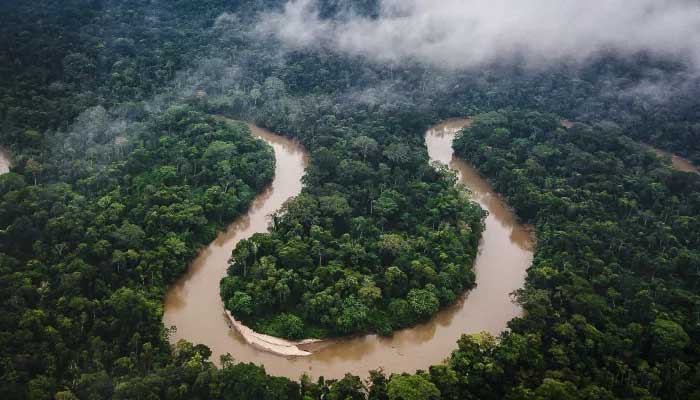
The world's tropical forests have received a major blow with a jaw-dropping statistics of last year's loss.
According to new details, the forests, which act as a crucial border against climate change, disappeared faster than ever in 2024.
Researchers have estimated that 67,000 sq km of the rain forests – area as large as the Republic of Ireland – were lost.
Causes of the tropical forests decline
There were number of factors cited for the tragic loss including fires, overtaking of the land, and drought.
Tropical rain forests store hundreds of billions of tonnes of carbon in soils and woody trunks, however the new global record raises question about their resilience on a warming planet.
Many researchers have voiced their concerns that forests, including parts of the Amazon, are approaching a "tipping point," beyond which the revival might not be impossible.
Prof. Matthew Hansen, co-director of GLAD laboratory at the University of Maryland called the latest data "frightening."
Furthermore, he also warned of the potential "savannisation" of the rain forest, where tropical forests die back and permanently switch to savanna.
Until recently, the Amazon had been absorbing record amount of carbon dioxide (CO2).
However the burning of these trees emits huge amount of CO2, which adds to the warming of the planet instead of limiting it.
Which countries lost the most forest?
Countries most affected by the loss of tropical forests are Brazil and Bolivia.
Meanwhile South East Asia had some positive news as area of primary forest loss in Indonesia fell by 11% compared to 2023.
This is due to the strict regulations introduced by the Asian countries regarding tropical forests, including "no burning law" in most states.












